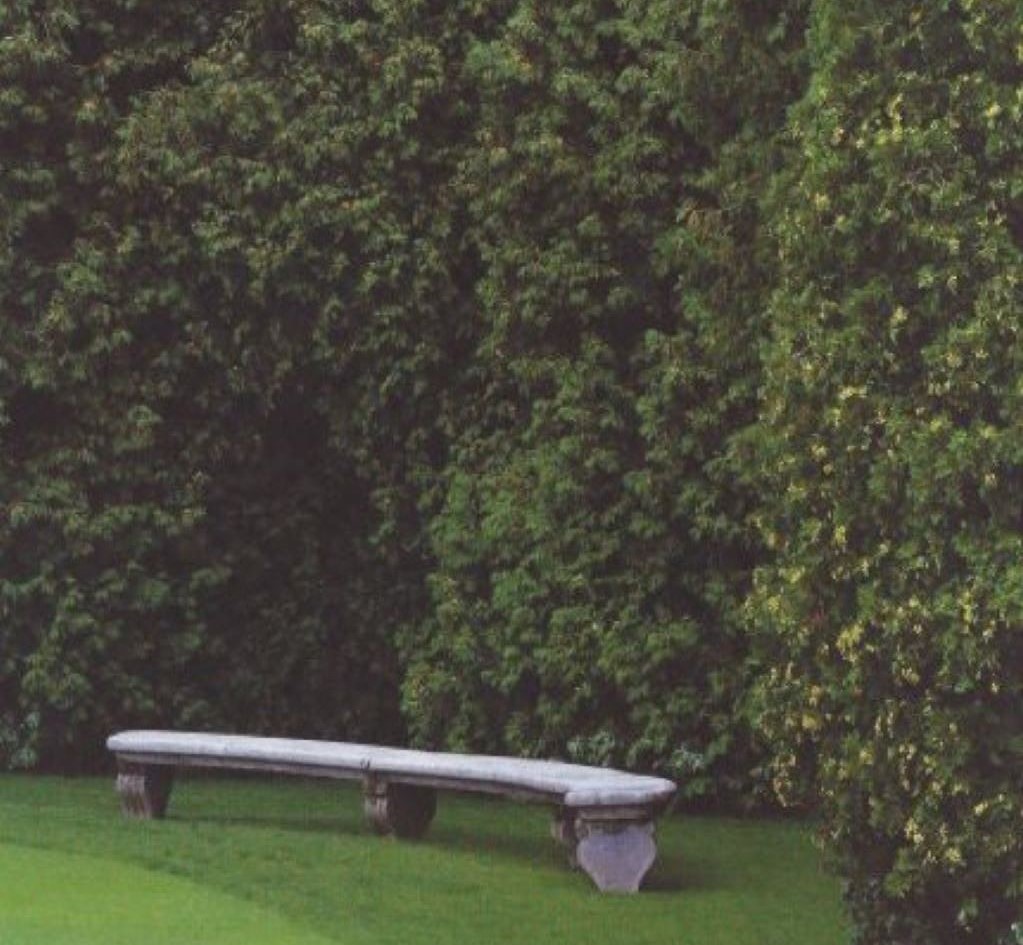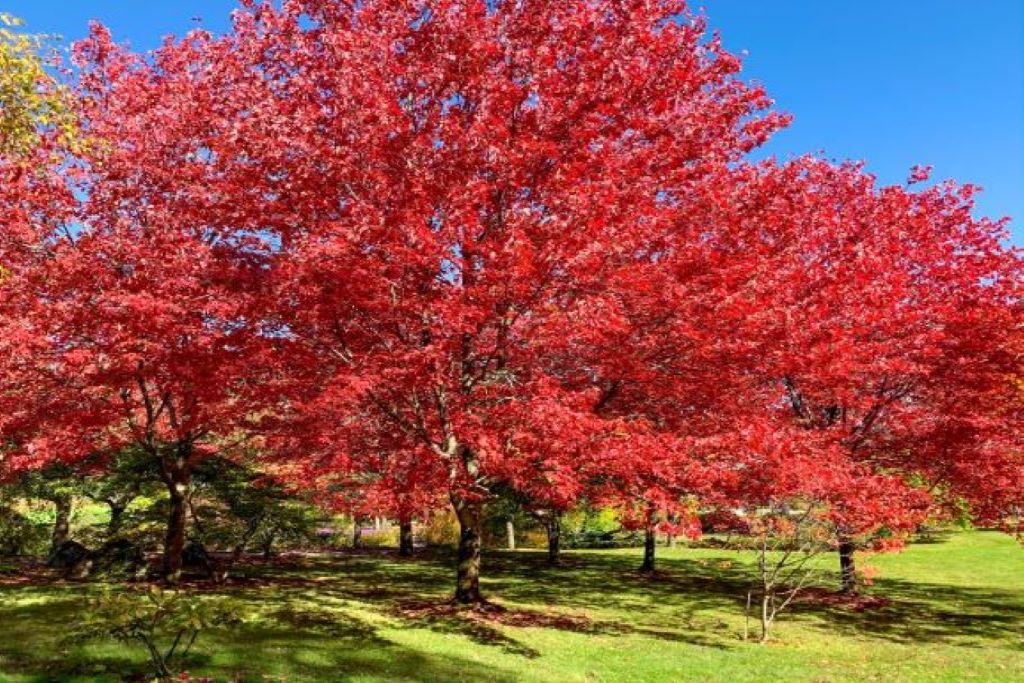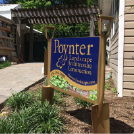Perfect for Any Landscape
St. Louis, MO Shade Trees
St. Louis, MO Shade Trees. Shade trees are an important part of any landscape. Installing shade trees effectively is a big job. You will want to carefully select the right type of tree, figure out where to put it, and plant it in such a way that promotes the health of the tree and the rest of your property. When it comes to St. Louis, MO shade trees, Poynter Landscape provides the horticultural knowledge and design savvy your home needs.
You need a company that will listen to and understand their customer's needs and desires. Whether you know a lot about trees or nothing at all, Poynter Landscape is the best choice to supply shade trees to your St. Louis, MO landscape. We will ensure the addition of shade trees to your St. Louis home complements the rest of your property, meets your needs, and allows the trees and the rest of the landscape to flourish.

Shade Trees in St. Louis, MO
As with other trees, the purpose of a shade tree is not only aesthetic, but also functional. In the blazing summer months, shade trees help keep your St. Louis, MO home comfortably cool, conserve energy, and reduce your energy bill. They also provide targeted shade, creating a welcoming outdoor spotfrom which you can enjoy your beautiful landscape. While most shade trees don't flower, their leaves produce brilliant warm colors in the fall. In addition to enhancing the appearance and enjoyment of your St. Louis yard year-round, shade trees benefit the land itself by boosting the health of your soil and the quality of the air around you.
Choosing a Shade Tree
Missouri has a great selection of native shade trees. The best type of tree for your property will depend on environmental factors like the soil condition and population density of the area. Poynter Landscaping will assess your land and match it up with the trees that work best in those specific conditions.
Here are some questions to consider when selecting your perfect shade trees:
- Where do you want the shade to be? Poyter’s professionals can help determine the most opportune location to plant the tree to provide maximum shade coverage.
- What is the expected height and width of the tree when it reaches maturity? Knowing this helps narrow down the trees most appropriate for your specific property and tells you where to plant the tree in relation to buildings and structures.
- What is the life expectancy of the species? We plan for shade trees to be a part of the landscape for a long time, so you want them to have a long and healthy life span.
- How quickly will it grow? It's impractical to plant a full-grown, 40-year-old tree. Because you will have to plant the tree when it is younger, choosing a species that grows rapidly will fulfill its function as a shade tree sooner.
- What is the origin of the species? What is its hardiness rating? A tree’s hardiness rating tells you how well it will tolerate the climate where you live. Native plants are more likely to survive, are less likely to introduce invasive pests to your area, and require less water and money.
- Does it bear fruit or produce flowers? Typical shade trees do not, but some flowering trees like the tulip tree are used for shade. Also, keep in mind that some trees drop pods or cones, which will collect under the tree and throughout your yard.

Types of Trees Used for Shade
Deciduous trees are generally preferred over evergreens when used for shade.. Evergreens cast shade all year long, and their shade is thicker than the shade from a deciduous tree. Here in the midwest, you will want some sun in the winter to warm your home and help melt ice and snow. And in the warmer months, the dappled light that shines through the gaps in the canopy of a nice maple tree is just the right touch.
- Landscape Design Services
- Pool Builders
- Landscape Construction
- Deck Installation
- Retaining Walls
- Water Features
- Landscape Lighting
- Landscape Architect
- Swim Spas
- Custom Hot Tubs
Deciduous trees are ones that shed their leaves seasonally. There are many varieties of deciduous trees. For your St. Louis, MO home, pick a Missouri native. Maple trees are popular shade trees in St. Louis, and do well in the St. Louis area. There are different types and sizes of maples. American sycamore, honey locust, river birch, and green giant arborvitae are some other common shade tree choices for your greater St. Louis home. Poynter's landscape designers are experts on selecting the best trees for your home.
Here are two additional downloadable guides!
Download Free Swimming Pool Design Guide
Download Free Outdoor Living Design Guide
View All Landscaping Services
Are You Looking for Shade Trees in St. Louis, MO?
When done right, the addition of shade trees to a St. Louis home makes all the difference. They increase the value and usability of the property and enhance the overall health of the landscape. While anyone can plant a tree with some basic information and a couple of tools, Poynter’s premier landscaping service gives you an extra edge. To take full advantage of the beauty, sophistication, and functionality of a shade tree, you need our passionate and artful approach. Call us at 636-256-2600, or fill out the form on this page to learn more about our award-winning services or to schedule an appointment.




